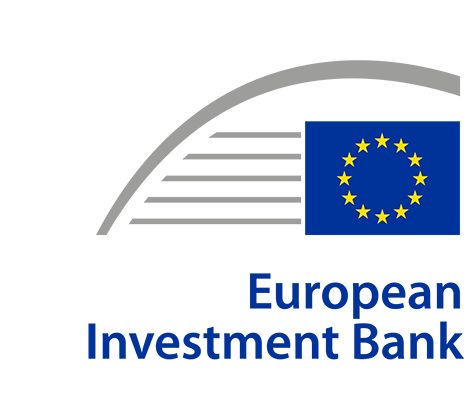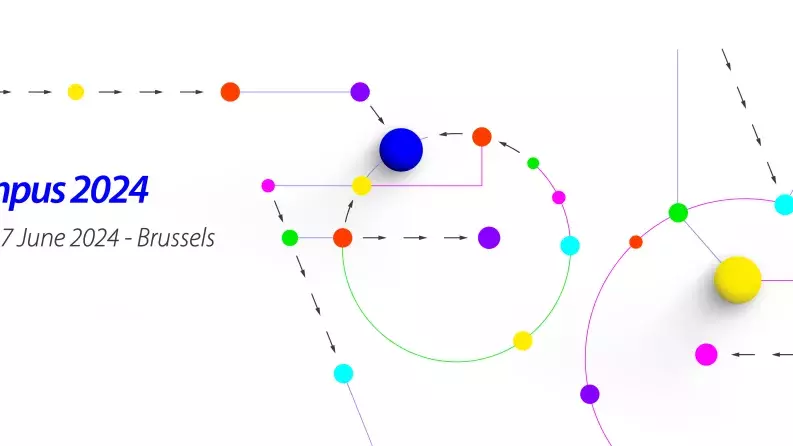The Asylum, Migration and Integration Fund (AMIF)
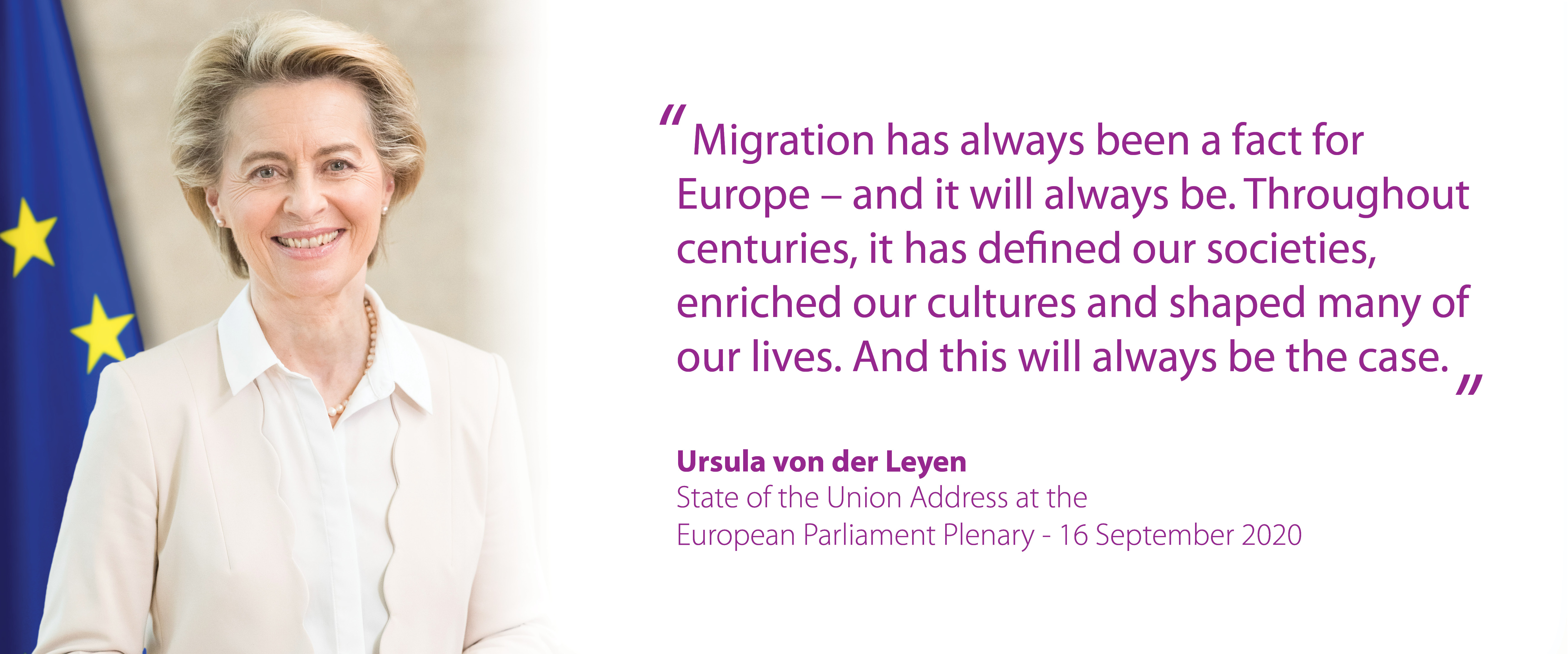
Migration challenges addressed by financial instruments – going beyond grants to empower, optimise and leverage
Efficient and comprehensive management of migration flows from third countries is one of the top priorities of the European Union. The Asylum, Migration and Integration Fund (AMIF), subject to Regulation (EU) 2021/1147, is the key EU fund to specifically address migration priorities and challenges.
With an overall envelope of EUR 9.88 billion for the 2021-2027 programming period, the AMIF aims to:
- strengthen and develop all aspects of the Common European Asylum System, including its external dimension,
- strengthen and develop legal migration to the Member States in accordance with their economic and social needs, and promote and contribute to the effective integration and social inclusion of third-country nationals,
- contribute to countering irregular migration, enhancing effective, safe and dignified return and readmission, and promote and contribute to effective initial reintegration in third countries
- enhance solidarity and fair sharing of responsibility between the Member States, in particular as regards those most affected by migration and asylum challenges, including through practical cooperation.
The AMIF provides dedicated and tailored assistance to the integration actions focused exclusively on migrants, without time considerations. It complements investments that could be supported by the ESF+ and other shared management funds, mainstreaming migrants among other groups in vulnerable position.
The setting up and the implementation of the National Programmes are subject to the application of the Common Provisions Regulation (CPR, Regulation EU 2021/1060), which provides for a possibility to use resources through financial instruments, e.g. loans, guarantees, equity.
The financial instruments can be established in the National Programmes, in a standalone mode or in combination with grants. This delivery mechanism, alternative or complementary to the ‘traditional’ forms of support, is a novelty in the implementation modalities of AMIF.

Financial instruments and the EU migration challenge of the war in Ukraine
On 4 March 2022, the EU agreed to activate the Temporary Protection Directive to offer to people fleeing the war in Ukraine immediate protection and a clear legal status in the EU.
On 8 April 2022, the Cohesion’s Action for Refugees in Europe (CARE) entered in force through Regulation (EU) 2022/562 amending the CPR and (EU) No 223/2014 on the Fund for the European Aid to the Most Deprived (FEAD). The CARE package allows exceptional flexibility to transfer 2014-2020 resources between ERDF and ESF programmes to address the inflow of refugees. This flexibility means, for example, that ERDF resources earmarked for infrastructural projects can be reallocated to provide healthcare and education to persons escaping Russia’s war against Ukraine. Additionally, Member States can use overall up to EUR 9.5bn under the 2022 tranche of REACT-EU, one of the largest post-pandemic EU public investment programmes. CARE also extends by one accounting year the 100% financing from the EU budget for cohesion programmes.
Thanks to the new flexibilities provided by the CARE package, existing ERDF and ESF financial instruments can be thus repurposed to finance measures supporting migrants, once their Investment Strategy is respectively amended.
To optimise the use of unspent resources from the 2014-2020 programming period, the implementation period of AMIF and the other HOME funds was prolonged by one year through Regulation (EU) 2022/585, which entered into force on 11 April 2022.
On 29 June 2022, the Commission adopted the ‘Flexible Assistance to Territories’ (FAST-CARE), a new comprehensive package proposing additional pre-financing of EUR 9.5bn and further flexibility to Cohesion policy funding.
In order to be effective, it is essential that Member States and regions quickly make full use of the opportunities created by this new set of measures, as well as from the recently adopted initiatives.
AMIF and the other EU funds for the 2021-2027 programming period will provide substantial new financial resources for Member States to ensure adequate reception and accommodation facilities and to support integration actions for people fleeing the invasion.
These new 2021-2027 resources can be deployed through financial instruments or combination of financial instruments and grants to address the needs of third-country nationals arriving to the EU.
Benefits of financial instruments to address migration challenges
You are a managing authority. Why financial instruments and not grants (only)?
- To achieve a bigger impact to achieve policy objectives than with grants by leveraging the funds to attract additional co-investment,
- To benefit from the revolving effect, enabling to reuse the resources even multiple times, when they are repaid,
- To improve financial discipline among recipients. The involvement of financial intermediaries allows to use their expertise to identify and select well-prepared projects,
- To enable final recipients to benefit from simpler payment and audit rules.
Using financial instruments provides a number of benefits to the key stakeholders in the area of integration of migrants. Financial instruments are seen as a smart way to use public funds. Thanks to their revolving nature and leverage effect, they can create greater impact in the economy than traditional non-repayable forms of support, therefore allowing to do more with less.

The fundamental advantage of financial instruments is their revolving nature. The repayment of the support by a final recipient allows the scarce public resources to be used again and again for further investments.

Additionally, through their leverage effect, financial instruments can act as a catalyst and help attract additional public and private resources. These can be co-investments from own resources of the Member State, region and/or other stakeholders such as the financial intermediaries implementing the financial instruments.
Other benefits of financial instruments include for instance:
- More efficient use of public resources, especially for revenue generating and cost saving projects, where the revenues or savings achieved by the final recipients can be used to repay the support received,
- Possibility to be combined with grant support, enabling final recipients to for instance access tailored business development support,
- High quality of supported projects as the resources need to be paid back,
- Greater financial discipline as financial instruments are implemented with the new partners – financial intermediaries, using their expertise to identify and assess suitable projects.
Financial instruments can facilitate access to finance particularly for riskier projects and for final recipients lacking sufficient own resources, credit history or collateral. In addition, through financial instruments, final recipients receive the funding upfront. It is the kind of financing that final recipients are often most familiar with, just this time with the use of EU money.
Potential areas for financial instruments in the area of integration of migrants
- Enhancing reception capacities – ensuring integration from day 1,
- Boosting access to adequate and non-segregated housing,
- Improving access to inclusive and non-segregated education,
- Raising employability and self-employment of migrants by supporting for instance social entrepreneurship and microfinance,
- Ensuring access to quality social care and healthcare.
fi-compass AMIF workstream – advisory support on financial instruments in the area of integration of migrants
The dedicated AMIF workstream of the fi-compass platform, provided by the European Commission’s Directorate-General for Migration and Home Affairs (DG HOME) in partnership with the European Investment Bank (EIB), was launched in January 2022.
The objectives the fi-compass AMIF workstream aim at:
- Empowering migrants and contributing to their inclusion,
- Optimising cooperation and partnerships,
- Leveraging additional resources and complementary forms of support.
The fi-compass AMIF workstream provides managing authorities, public authorities on local, regional and national level, financial intermediaries and all other stakeholders involved in programming of resources and implementation of projects for migrants horizontal and tailored advisory on the use of the financial instruments in the area of integration of migrants under the AMIF but also under other resources, for instance ESF+ and the InvestEU Social Investment and Skills Window.
Activities in the fi-compass AMIF workstream include horizontal and tailored advisory in form of for instance:
- Publications such as brochures, studies, case studies,
- Events such as conferences and thematic workshops,
- Targeted coaching for managing authorities,
- Video material,
- Podcasts, news articles and other communication activities.
Join the fi-compass community to stay up to date with our newest resources.
Recent videos
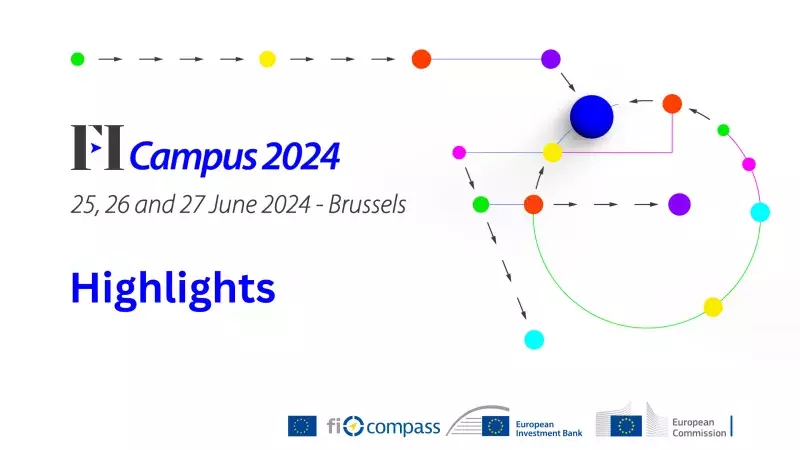
FI Campus 2024 – Carrying the torch for financial instruments
Check out the standout moments from FI Campus 2024, an event dedicated to financial instruments in the EU. Watch key segments from the conference, including a fireside chat with Commissioner Elisa Ferreira and European Investment Bank President Nadia Calviño. Enjoy exclusive interview snippets and get a sneak peek at our Showcase Award 2024 winners. Don't miss these essential highlights!
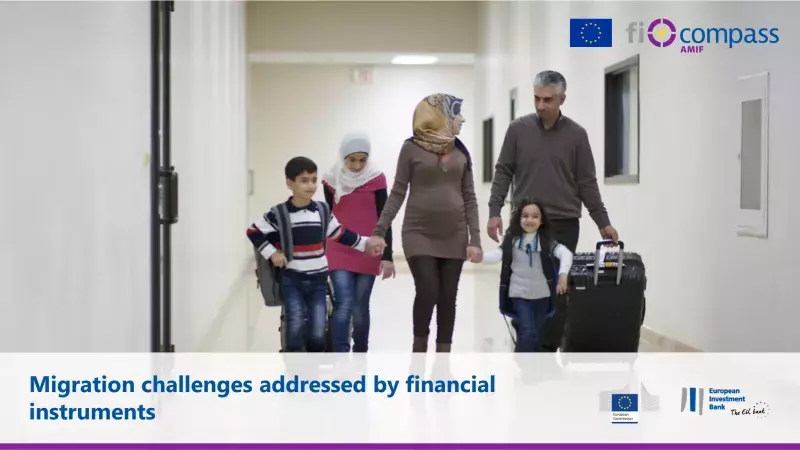
Migration challenges addressed by financial instruments

FI Campus 2019 – Interview with Jonathan Denness, DG REGIO and Frank Lee, EIB
Interview with Jonathan Denness, Head of Financial Instruments and International Financial Institutions Relations Unit, DG REGIO, European Commission, and Frank Lee, Head of Financial Instruments Advisory Division, European Investment Bank, recorded at the FI Campus 2019 event, 4-5 December 2019 in Brussels.
Event page:https://www.fi-compass.eu/event/5506/fi-campus-2019-looking-ahead-2021-and-beyond

